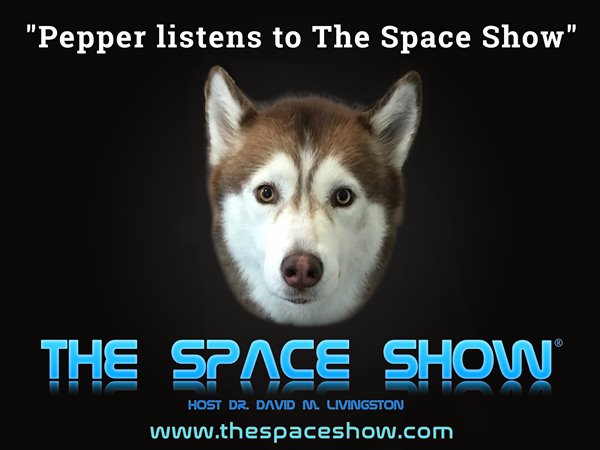Broadcast 1978 (Special Edition)
Guests: John Batchelor, Dr. Ralph Milliken, Dr. David Livingston: Mars Curiosity drilling, building blocks for life, Mars organics. You are invited to comment, ask questions, and discuss the Space Show program/guest(s) on the Space Show blog, http://thespaceshow.wordpress.com. Comments, questions, and any discussion must be relevant and applicable to Space Show programming.







 The Space Show
The Space Show




